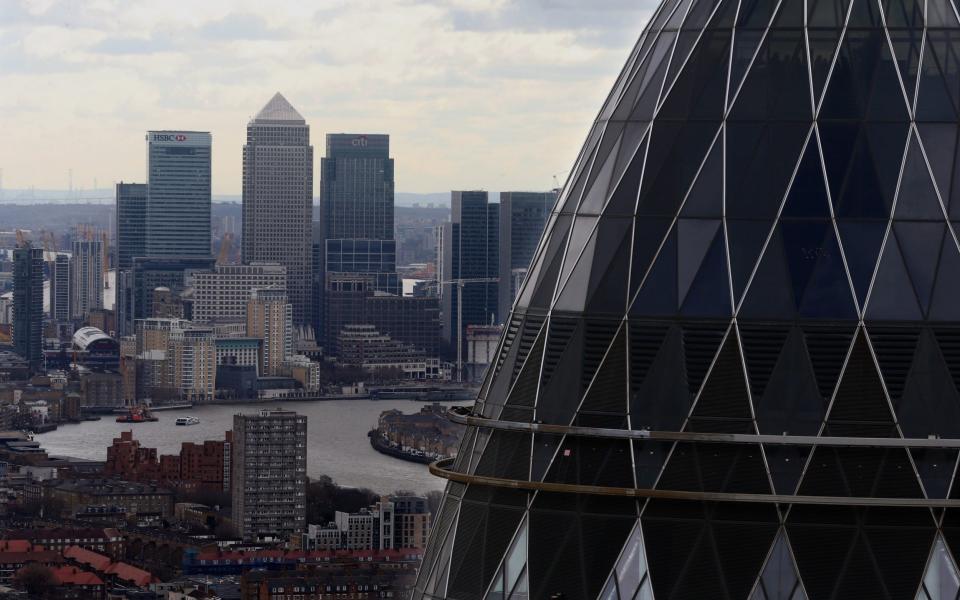This UK trust has drastically outperformed its benchmark since new management took over

A change in management can have a huge impact on company performance. For investment trusts, a new portfolio manager may implement a very different investing approach and strategy that prompts a material shift in share price.
Indeed, Edinburgh Investment Trust changed manager in March 2020. Since then, its shares have drastically outperformed the FTSE All-Share index, which is its benchmark.
While the index has risen by 38pc from the extreme lows posted during the onset of Covid, the trust’s shares have surged 60pc higher. Furthermore, they are a top-quartile performer within the Investment Trust UK Equity Income sector over the past three years.
Despite a marked improvement in performance, the company’s shares still trade 3pc lower than when this column first advised readers to buy them in November 2016.
The trust, though, has paid or declared dividends per share amounting to 188.25p since then.
This amounts to 27pc of the purchase price, which equates to a total return of 24pc since our initial recommendation.
While this is undoubtedly a far less impressive performance than Questor anticipated, the trust’s encouraging returns under current management mean it deserves more time to deliver on its potential.
Indeed, judging it by returns generated prior to March 2020 is unlikely to provide an accurate insight into its future prospects.
Its strategy now centres on a bottom-up approach that does not explicitly favour growth or value stocks.
Its major holdings include well-known names such as Shell, BAE, and Unilever, while it also holds less mainstream companies such as equipment rental firm Ashtead and engineering business Weir Group.
Since the FTSE All-Share index is its benchmark, it is unsurprising that roughly 70pc of the trust’s holdings are FTSE 100 members. Around 18pc of its net assets are FTSE 250 index stocks, 9pc are internationally listed companies and the balance is currently held as cash.
With a total of 40 to 50 stocks typically held, and its 10 largest positions accounting for 45pc of net assets, the trust’s portfolio is fairly concentrated.
This means volatility is likely to be relatively high but, since this column has a long-term outlook, it is not viewed as a major negative.
While the trust’s discount of 7.5pc is in line with its average over the past year, it still suggests that it offers good value for money at a time when British stocks remain relatively unpopular among investors.
In Questor’s view, downbeat sentiment towards UK-listed shares presents an excellent buying opportunity for long-term investors.
After all, it is unlikely to persist over the coming years because the vast majority of revenue generated by FTSE 350 companies is from outside the UK.
With the world economy’s growth rate forecast to rise over the coming years as monetary policy tightening abates amid a sustained fall in inflation, improving corporate performance is likely to prompt stronger sentiment towards UK-listed shares.
And since the UK economy’s prospects have also improved, with a recession now seemingly unlikely, British stocks could prove to be strong performers relative to more expensive shares that are listed in other countries.
Although the trust has successfully outperformed its benchmark since new management took over, it has been unable to meet its other central aim of delivering dividend per share growth that is in excess of inflation.
In fact, dividends per share were cut in 2021.
Despite being raised by 5.6pc last year, they have fallen by around 9pc under current management at a time when inflation has hit multi-decade highs.
Clearly, this is disappointing for income-seeking investors who purchased the trust. However, a restructured portfolio that offers attractive dividend growth potential means that income returns are likely to improve over the long run.
Since inflation is widely expected to fall over the coming months, dividend growth could realistically beat the future pace of price rises.
Alongside a dividend yield of 3.9pc, this suggests the company offers greater income investing appeal than at first glance.
Gearing of 8pc means the trust is well placed to capitalise on an improving stock market performance as today’s economic woes dissipate.
When combined with an attractive track record of capital return under current management, a sizeable discount to net asset value and the appeal of UK-listed stocks on valuation grounds, Questor believes the trust offers a favourable long-term investment outlook.
Questor says: buy
Ticker: EDIN
Share price at close: 666p
Read the latest Questor column on telegraph.co.uk every Sunday, Tuesday, Wednesday, Thursday and Friday from 6am.
Read Questor’s rules of investment before you follow our tips

 Yahoo Finance
Yahoo Finance 